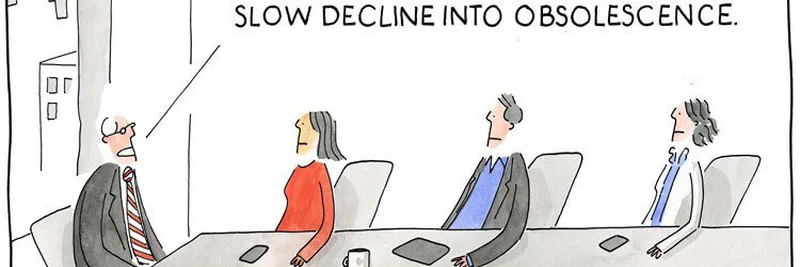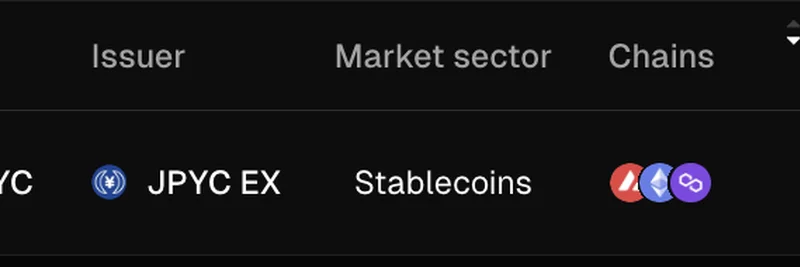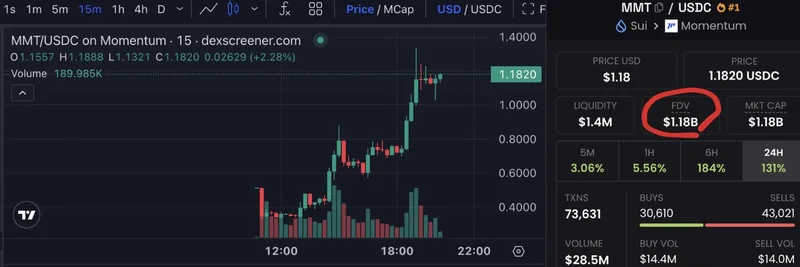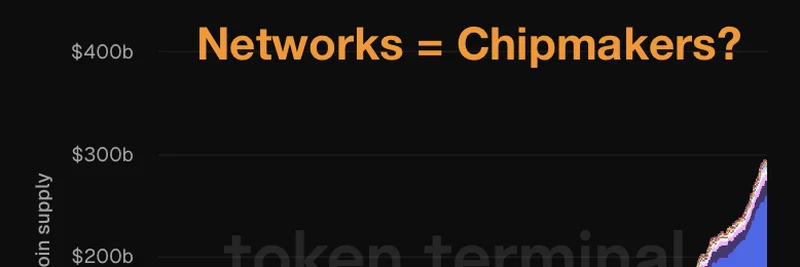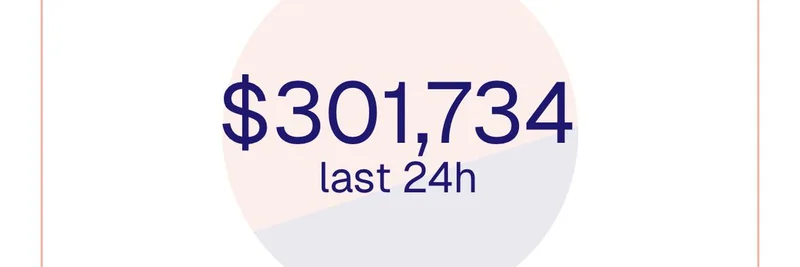In the fast-paced world of crypto, mistakes can happen to anyone—even when dealing with major players like Coinbase. A recent thread on X (formerly Twitter) by user @Evan_ss6 has gone viral, highlighting a frustrating situation where a friend accidentally sent a mid-six-figure amount of USDC to a Coinbase Prime deposit address on the Base chain. For those new to this, USDC is a popular stablecoin pegged to the US dollar, issued by Circle and heavily backed by Coinbase. Base, on the other hand, is an Ethereum Layer 2 network developed and controlled by Coinbase itself, designed to make transactions cheaper and faster.
The problem? Coinbase Prime, their institutional trading platform, apparently only accepts USDC deposits on Ethereum mainnet, not on Base. Despite Coinbase having full control over Base and access to the private keys for the deposit address, they're claiming they can't recover the funds. Evan_ss6 points out the irony: this isn't some random smart contract; it's their own infrastructure. They even offer recovery services for retail users but not for Prime clients. It's like locking your keys in your own car and refusing to use the spare because it's "not supported."
The attached cartoon in the thread perfectly captures the sentiment—companies sticking to outdated practices and slowly fading into irrelevance. Evan_ss6's post has racked up over 1,500 likes and hundreds of replies, with the community piling on criticism. One reply from @MoonOverlord calls Coinbase "the worst big company in crypto," accusing them of inventing nothing, contributing nothing, and even leaking user info in the past.
Other notable responses include @Pentosh1 offering to help by reaching out, and @AltcoinPsycho saying they've escalated it to the team. @chainyoda explains a technical angle: sending the wrong token to an address can confuse sweep contracts, but suggests figures like Tether's Paolo Ardoino would fix it quickly. It's clear the crypto Twitter sphere is united in frustration, with many sharing their own bad experiences with Coinbase and switching to alternatives like Kraken.
This incident raises bigger questions for blockchain users, especially those in the meme token space. Base has become a hotbed for meme coins thanks to its low fees and integration with Coinbase's ecosystem. Tokens like DEGEN or TOSHI thrive there, attracting traders who move large sums quickly. But if even stablecoin deposits can get stuck due to chain mismatches, it underscores the risks of cross-chain transfers. Always double-check the network before hitting send—tools like WalletConnect or chain explorers can help verify addresses.
For meme token enthusiasts, this is a reminder that while Base offers exciting opportunities, reliance on centralized entities like Coinbase can lead to these headaches. The thread also touches on broader adoption issues: if traditional finance folks see stories like this, they'll hesitate to bring stocks or assets on-chain. As @0x_Kun put it, "Sorry mr boomer you sent your amazing stock to the wrong chain—enjoy your retirement though."
Coinbase hasn't publicly responded yet, but with the thread gaining traction (over 130,000 views), pressure is mounting. If you're a Coinbase user, especially on Prime, this might be a wake-up call to review deposit processes. And for the rest of us in crypto, it's another lesson in the importance of decentralization—true self-custody avoids these custodian pitfalls altogether.
Stay tuned as this story develops; we'll keep an eye on any updates from Coinbase or the community. In the meantime, if you've had similar experiences, share them in the comments below. Let's build a better knowledge base for navigating these crypto pitfalls together.
